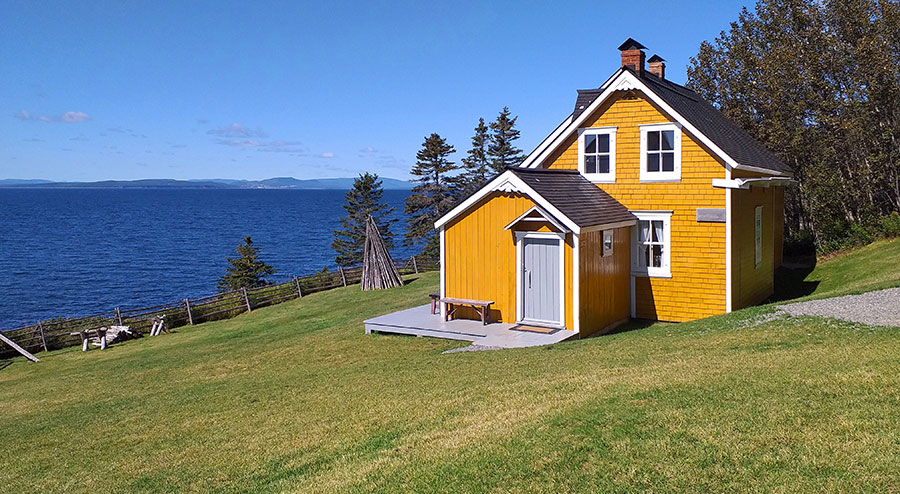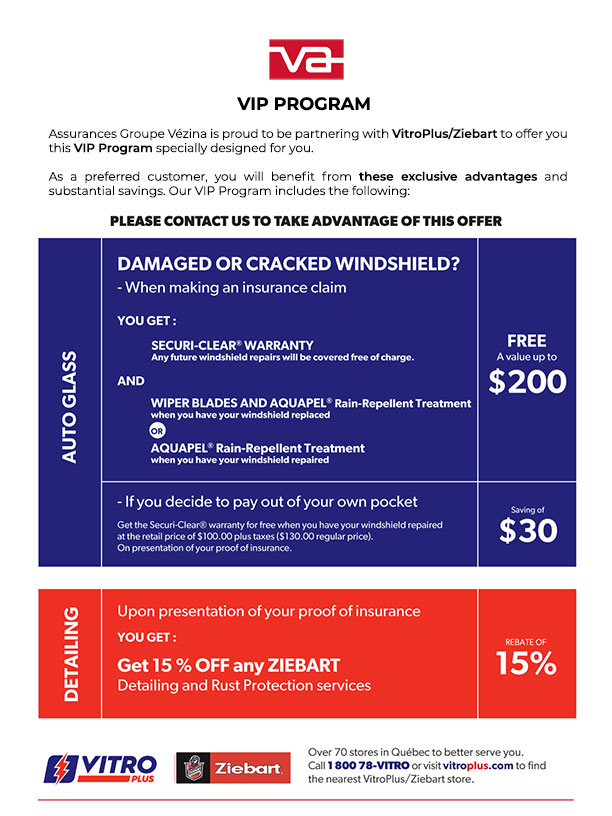How you use your cottage will determine the type of insurance coverage you should buy.
Seasonal home insurance?
Do you go to your second residence only in the summer or in the winter? If you use it on an occasional basis only, you can insure it as a seasonal dwelling. This type of policy is a basic one and the nature and extent of the coverage are limited.
Homeowner’s insurance?
Do you use your second residence every weekend or do you live there year-round? You can then take out a homeowner’s insurance policy, as though it were your principal residence. You can choose between the same kind of coverage: Comprehensive or Specified Perils.
In this situation, you could also purchase coverage commonly referred to as “Fire and Extended Coverage,” which generally covers less than what’s included under a homeowner’s insurance policy. This policy, which does not include liability coverage, usually appears as a rider to the insurance policy you carry on your primary residence.
However, to take out either one of these policies, certain conditions may apply.
Example of conditions to purchase insurance for your second residence:
- You use this property on a regular basis (e.g., twice a month, year-round)
- You have all-weather road access to your second residence
- You never rent this residence to a third party
- You own a residence that meets construction standards. In this regard, dwellings considered as shacks may not be insurable.
Since these conditions can vary from one company to another, it’s worthwhile enquiring. It’s also possible that your insurance company will only agree to insure your secondary residence if it’s already insuring your principal residence.
Which policy covers your personal property?
If you own a cottage, you more than likely transport personal belongings between your principal residence and your cottage. If the items transported were stolen or damaged, you must claim the loss against the home insurance policy you carry on your principal residence.
However, any loss or damage related to property that remains at your cottage on a permanent basis would be claimed against the insurance policy you have for your cottage.
What if your personal property were damaged or stolen off the premises? You’re covered under your insurance policy. Compensation is generally limited to 10% of your personal property coverage.
Example
The coverage for your personal property is $50,000. The maximum claim payable for a loss off the premises would be $5,000 (10% of $50,000).
Theft and vandalism
Damages or losses resulting from theft or vandalism are never covered under seasonal dwelling or “Fire and Extended Coverage” insurance policies. However, you can ask our broker to include this coverage.



